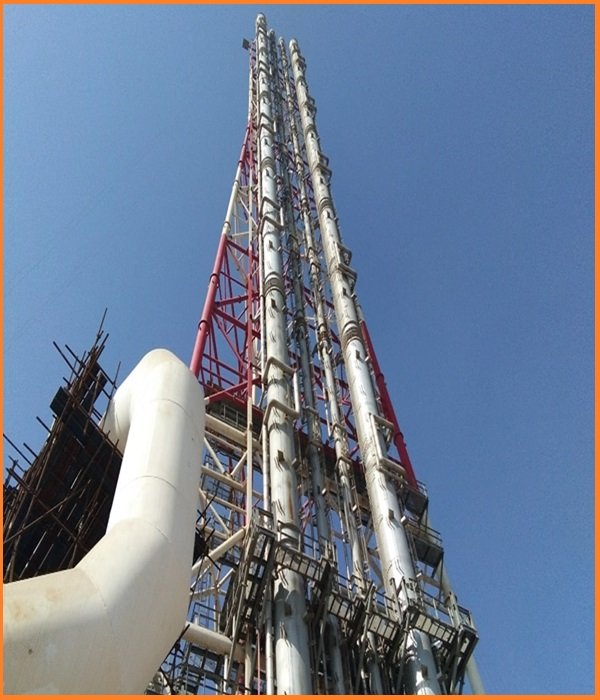Mobile phones have become very important part of our daily lives, but there are certain environments where their use is strictly prohibited. One such setting is within refineries, where the ban on mobile phones is not merely a matter of inconvenience but a crucial safety measure. This article delves into the reasons behind the prohibition of mobile phones in refineries and the potential risks associated with their use in such high-risk industrial environments.
- Ignition Hazards: Refineries are filled with flammable and explosive materials. Even a small spark can lead to catastrophic consequences. Mobile phones, with their batteries and electronic components, pose a potential ignition hazard. The risk of a spark occurring during charging, accidental drops, or malfunctions is enough reason to keep these devices far away from such volatile environments.
- Electromagnetic Interference: Refineries are equipped with various electronic systems and instrumentation crucial for the complex processes involved in refining. Mobile phones emit electromagnetic radiation, which can interfere with these delicate instruments. Such interference can lead to malfunctions in equipment, inaccurate readings, and potential safety hazards.
- Distraction and Human Error: The nature of refinery operations demands high levels of focus and attention to detail. Mobile phones, with their constant notifications and potential for distraction, can contribute to human error. In a refinery setting, even a momentary lapse in concentration can lead to serious accidents, making it imperative to eliminate potential distractions like mobile phones.
- Security Concerns: Refineries handle sensitive and proprietary information. Allowing mobile phones into these facilities increases the risk of unauthorized photography or data breaches. Security protocols in refineries mandate strict control over electronic devices to prevent espionage, industrial sabotage, or unintentional leaks of critical information.
- Emergency Preparedness: During emergencies such as fires, leaks, or other hazardous incidents, quick and efficient communication is essential. Refineries have established emergency communication systems in place to ensure the safety of personnel and to contain potential disasters. Allowing personal mobile phones could lead to confusion and complicate communication channels during critical moments.

In the intricate and high-risk environment of refineries, the prohibition of mobile phones is not a mere inconvenience but a crucial safety measure. The potential ignition hazards, electromagnetic interference, distractions, security concerns, and the need for streamlined emergency communication all contribute to the strict policies against mobile phone use in these industrial settings. As we continue to rely on technology in our daily lives, it is essential to recognize and respect the restrictions imposed in environments where the consequences of overlooking safety measures can be severe.





